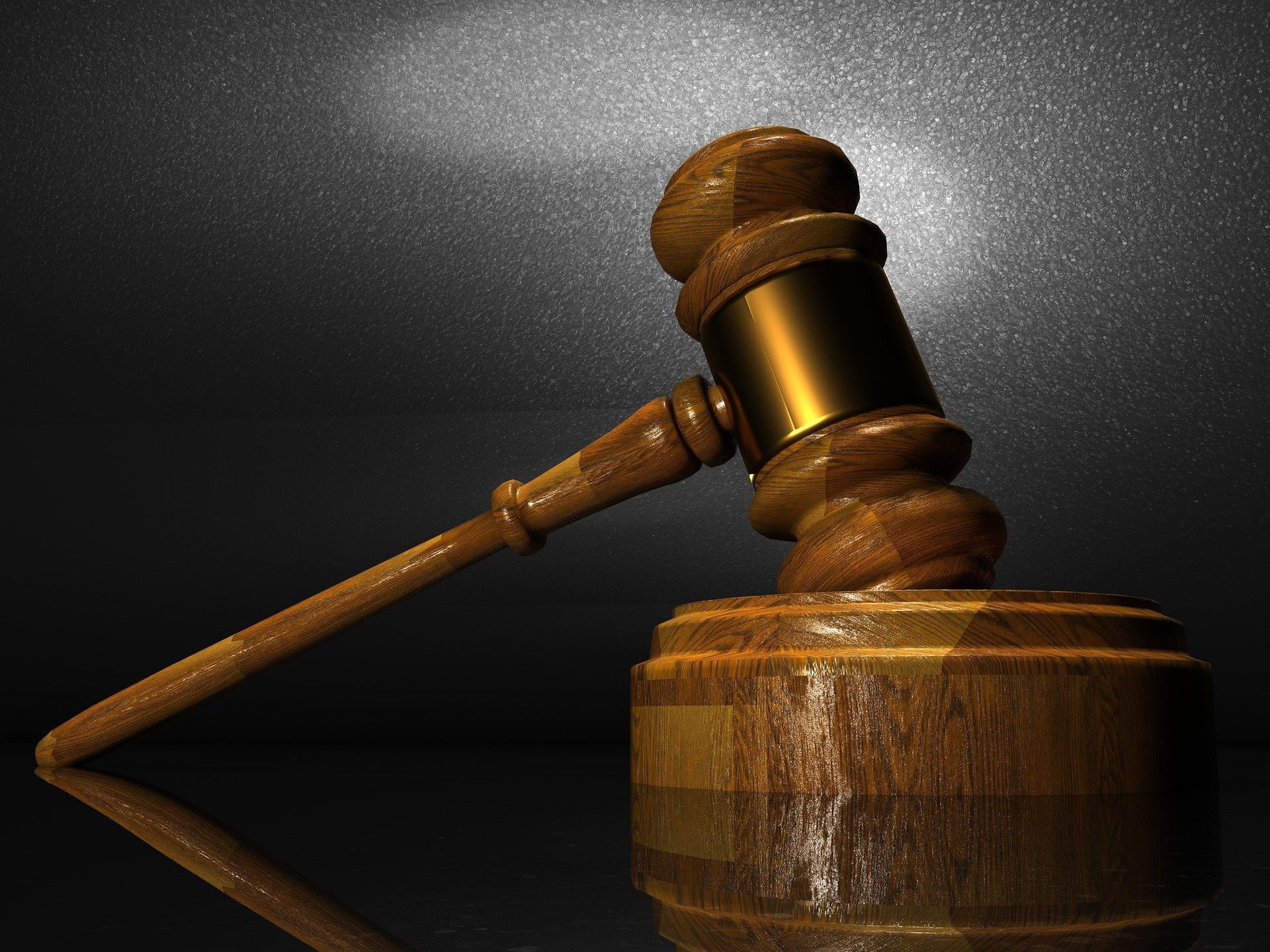
Punitive Damages Definition
Punitive awards are a type of damages awarded by a judge or jury that do not compensate you for your injuries but punish the defendant for his actions or wrongdoing. So, they are damages that go beyond what is necessary to make the plaintiff or injured party whole. They are extra damages that an injured party would need to prove with a higher standard of proof.
The main purpose of personal injury law is to put the injured victim back into the same position he or she was before the accident. Injured plaintiffs provided evidence normally to a jury and a jury would award damages for economic losses and non-economic losses like pain and suffering, loss of enjoyment of life, mental and emotional distress, lost wages, etc. However, when one seeks to recover punitive awards, one is seeking to punish a defendant or wrongdoer for their “egregious” conduct in causing the injury to the plaintiff or injured party.
The general purpose of punitive awards is more to punish the defendant than to give extra compensation to the injured party. Punitive awards act as a deterrent and prevent other people from acting in the same way as the defendant. Thus, these type of damages are designed to deter others from committing the same egregious act to someone else. This is called a deterrent effect and and these extra damages can go a long way in preventing other individuals or corporations from committing similar egregious acts.
In most states, a defendant or wrongdoer must act willfully, recklessly and wantonly in order to be guilty of conduct arising to the high standard necessary to meet a punitive damages level. In some cases, it is difficult to prove that a defendant acted in such an egregious manner so a judge or jury will not always award these very specific type of damages.
It is rare for a car accident victim or injured party to be able to prove such reckless conduct which would reach a level to award punitive damages. Most injured car victims are able to prove that the other driver was “negligent”. Negligence is an easier standard to prove and just requires that one prove that the other driver was not exercising a reasonable degree of care while driving (the reasonable degree of care that a reasonable person under the circumstances would exercise). Even though it is rare to for a punitive award to be issued in personal injury cases, sometimes an injured party can raise enough facts to show some reckless conduct and at the very least can have more negotiating “chips” when it comes settlement time with the insurance company.
Why choose Ryan Malnar as your personal injury attorney?
- Talk to an experienced lawyer, not a paralegal or junior lawyer.
- I pledge to you that I will personally handle your case from start to finish.
- I promise to always fight for you and your family.
- I care about my clients just like family and you can always personally talk to me anytime day or night.
- I can come to your home, office or hospital with no obligations.
- I don’t get paid unless I recover money for you. If I don’t win your case, you don’t owe me a dime.
- I promise to listen to your story and stand by you.
Testimonials for Malnar Law, P.C., the Colorado Springs personal injury attorney
Includes reviews for the Allen Law Firm, now part of Malnar Law, P.C. Doug Allen is an “of counsel” attorney for Malnar Law, P.C. as of 2018.




